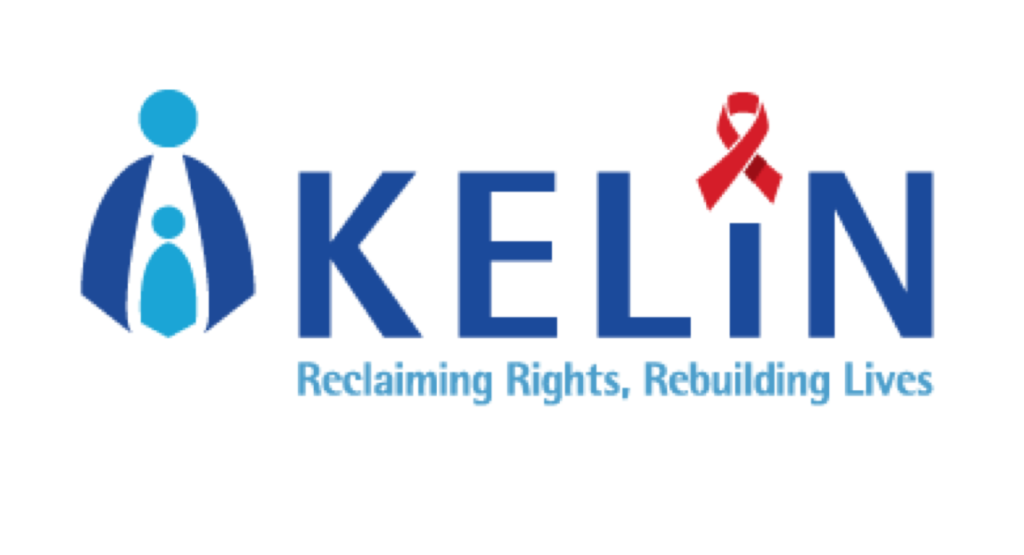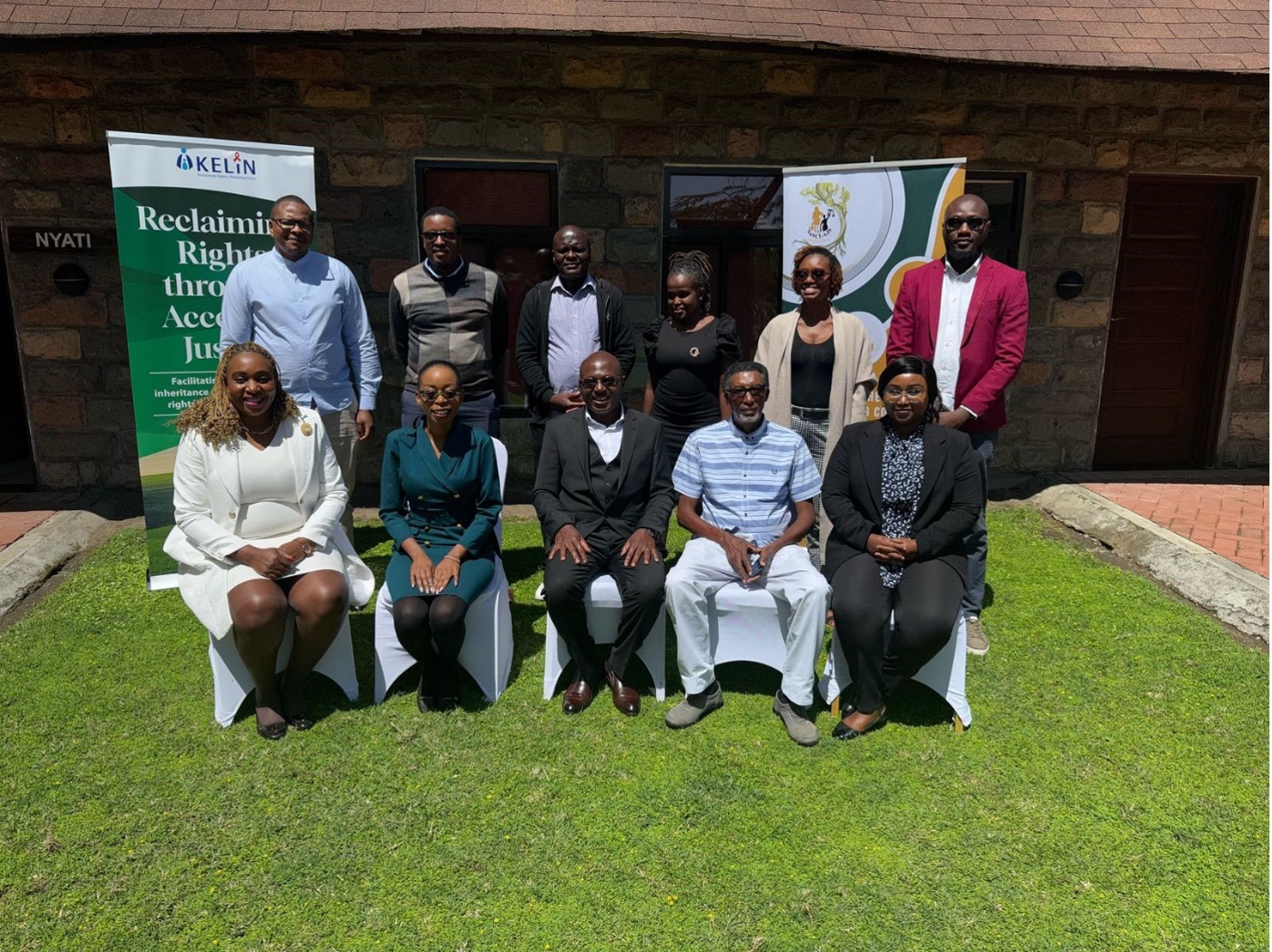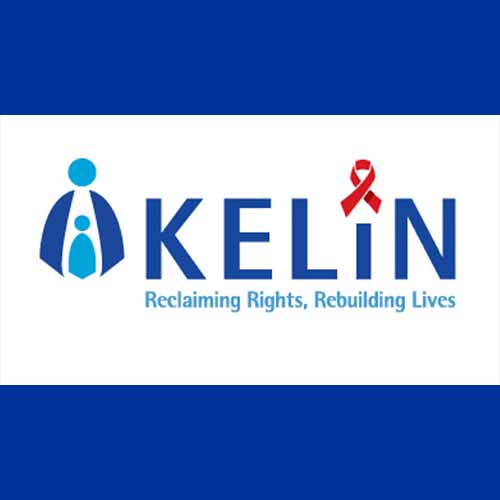By Duke Otieno – Advocacy Officer HIV/TB/KAPS
Kenya is facing an unprecedented healthcare crisis as the new U.S. administration under President Donald Trump moves to withdraw from the WHO, halt foreign aid and stop USAID donations. With over 70% of Kenya’s HIV, TB and malaria treatment programs reliant on international donors especially the USA, the directive is expected to have a devastating consequence on access to essential medicines and public health interventions.
Critical Shortages and Stockouts
Kenya currently has a nationwide stockout of ARVs, including the second-line ARVs which are critical for those who develop resistance to first-line treatment putting thousands of patients at risk. Moreover, shortage of HIV testing kits and condoms as well as, BCG vaccine for TB, leaves thousands of patients exposed hence threatening to reverse the progress we have made as a country in curbing new infections and ensuring treatment continuity. This is not the first time Kenya has faced such a crisis. The country previously experienced stockouts in 2016 and 2021 impacting PLHIV and healthcare providers. The 2021-2023 stockouts were largely attributed to delays in the clearance of donor-funded ARVs, leading to thousands of people missing drugs or being switched to alternative regimens with potential side effects.
Despite these recurring stockouts, there has been significant inaction by the government. Both the Senate and the National Treasury have discussed Kenya’s inability to finance the purchase of ARVs and condoms but little or no action has been taken to address this. The continued over-reliance on donor-funded supplies without a sustainable domestic financing plan leaves the country prone to supply chain disruptions and funding cuts like the current one from the USA government directive.
Kenya had made great progress in the fight against HIV with data showing 95% of the persons living with HIV know their status, 97% of them ono ART and a 97% viral suppression, surpassing the global 95-95-95 treatment targets. However, with the current stock outs of ARVs, patients may face treatment interruptions leading to increased viral resistance, treatment failure and potential increase in new infections, worsened by the stockout of second line ARVs.
Data from the National Syndemic Diseases Control Council (NSDCC) shows that Kenya currently has 1.37 million people living with HIV, of with 487,710 are men and 890,747 are women. The country also recorded 16,752 new HIV infections in 2024, with 5,968 of the cases being men and 10,784 cases women. These figures emphasize the urgency for uninterrupted treatment to prevent further spread of HIV.
Legal Action and the fight for Right to Health
The Kenya Legal and Ethical Issues Network on HIV & AIDS (KELIN) and other community and civil society organisations have an ongoing court case against the Ministry of Health and the Kenya Medical Supplies Authority (KEMSA).[1] The court case seeks to hold these entities accountable for their failure to ensure continuous and uninterrupted supplies of life saving ARVs and essential HIV commodities.
The petition filed in 2023 before the Kisumu High court was in response to stockouts experienced between 2020 and 2023 across public health facilities in the country. This threatened the right to life and the right to the highest attainable standard of health of people living with HIV (PLHIV) as guaranteed under the Constitution of Kenya and the Health Act. The case has been ongoing since September 2023 and is slated for judgement on 7th February 2025.
Patients who missed ARVs experienced severe health deterioration exposing them to opportunistic infections. There was also an increased risk of mother-to-child transmission during the period of stock-outs. KELIN’s lawsuit demands accountability and immediate action to restore drug supplies and prevent further treatment disruptions. It also asks the court to interpret the state’s obligation on prevention of regression of the right to the highest attainable health, as well as its obligation to ensure adequate budgetary allocations to sustain the purchase and distribution of essential lifesaving and sustaining commodities in the management of HIV. President Trump’s policies are likely to lead to a repeat of this if the responsible government agencies in Kenya do not urgently step up to avert this situation.
Impact on Civil Society and grassroots health programs
USA withdrawal from WHO and USAID funding is also expected to paralyse activities of patient networks, community-based organisations (CBOs), civil society organizations (CSOs), non-governmental organizations (NGOs) and international NGOs (INGOs) that play a key role in Kenya’s HIV and TB response. These organizations have been critical in HIV prevention, treatment adherence support, community education and stigmaelimination programs which are all pillars in maintaining Kenya’s public health gains.
President Trumps directive on USA withdrawal from WHO and a halt in donations to foreign countries will lead to these organizations downsizing or shutting down further weakening Kenya’s ability to control HIV and TB. The aid cuts will likely lead to reduced HIV testing, reduced access to prevention tools like PrEP and condoms and an increase in undiagnosed and untreated cases.
Can Kenya fund its own HIV and TB programs?
With foreign aid shrinking, Kenya must urgently explore alternative financing strategies to sustain its HIV and TB response. Some potential solutions include:
- Increased Government Health Budget – The Kenyan government must prioritize healthcare funding and allocate more domestic resources to HIV and TB treatment programs to cover for the expected deficit from the PEPFAR.
- Local generic medicine production – Investing in local drug manufacturing will consequently lead to a reduction in cost of the ARV medicine as most of them in the treatment guidelines are off patent hence mitigating among them supply chain disruptions.
- Expanded Social Health Insurance Fund (SHIF) Coverage – Integrating and having a clear comprehensive benefit package for HIV and TB treatment, including Liver function tests, GeneXpert and other HIV treatment related tests into SHIF’s universal health coverage plan that were previously being funded by donors could help cushion patients from funding shortfalls.
- Diversified Donor Engagement – Kenya must engage in diverse donors and explore funding from global health partnerships, philanthropic foundations and international financial institutions to stop over relying on one donor.
The Future of HIV and TB Treatment in Kenya
Despite Kenya having made great steps in reducing HIV, TB transmission and related stigma, the sudden withdrawal of U.S.A funding threatens to undo progress achieved. The national government must with speed step up domestic financing to safeguard public health.
As donor priorities shift, Kenya cannot sit back and wait for external support to secure access to essential medicines. The right to healthcare is an irreducible minimum and the government must take proactive steps to ensure sustainable long-term solutions to its HIV and TB response.
With global health financing becoming increasingly unpredictable and unstable, the question remains, Will Kenya step up to protect its most vulnerable or will thousands be left without the medicine they need to survive?
[1] FA& Others v the Attorney General & Others Kisumu Petition No E008 of 2023 https://www.kelinkenya.org/petition-e008-of-2023/


